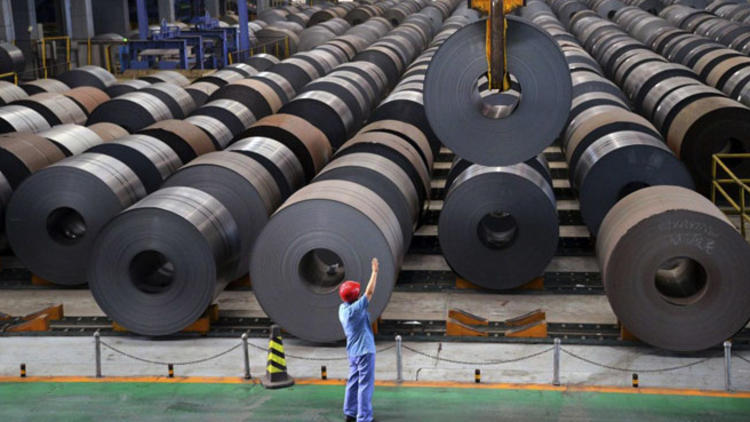Turkey increases its steel exports despite protectionist policies by western world

It is reported that Turkey has managed to increase its steel exports despite strict trade polices implemented by importing countries. On the other hand this performance was recorded in spite of a decreasing crude steel production by 0.6 percent in the country, in 2018.
The World Steel Association circulates reports every year sharing performance of players in the industry. Based on the data shared by the association most recently China was at the top of the global ranking with its production of 928.3 million tons in 2018. In the same year, Turkey’s crude steel production totaled to 37.3 million tons, down by 0.6 percent. According to these results, China realized 51.3 percent of world steel production while Turkey maintained its place as number 8, on the list.
Based on data shared by the official body in charge of Turkey’s Steel Exports Turkey’s steel consumption decreased by 14.9 percent, to 30.6 million tons in the period in question. It was also announced that steel exports went up to 22.1 million tons corresponding to an increase of 20.5 percent on quantity basis in 2018. It was also noted that this meant a total exports of US$ 17.7 billion corresponding to an increase of 32.1 percent.
The market with the highest percentage of increase in exports in 2018 on quantity basis was the European Union with 49 percent. The largest decline was observed in exports the USA with 36.4 percent.
Imports in 2018 went down to 14.5 million tons corresponding to a decrease of 11.3 percent due to the shrinkage in domestic demand and the increase in the exchange rate in this period. The total import value was recorded at US$ 12.8 billion corresponding to an increase of 3.3 percent.
The officials note that the protectionist practices initiated by the USA and followed by the EU caused 2018 to become a very difficult year for countries like Turkey. The professionals in the sector express concern that the country-based protection measures announced by EU and the decline in domestic demand could have a negative impact on local production and exports. They also comment that the implementation of measures to increase domestic consumption, reduce the share of imports in domestic consumption and remove the burdens on input costs which reduce sectoral competitiveness will be of vital importance for the sector in 2019.





